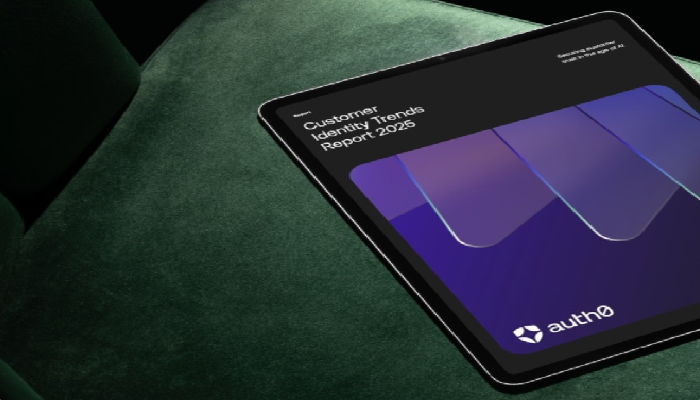Indian consumers are rapidly embracing digital services, showing high levels of trust in businesses and increased adoption of modern authentication methods. Yet, concerns around identity fraud and the growing influence of AI persist, according to the 2025 Customer Identity Trends Report released by Okta, a global leader in digital identity solutions.
The study, conducted by Statista across nine countries, including responses from 750 Indian consumers, reveals a nation comfortable with digital transformation but still cautious about emerging technologies.
Passwords Still Dominate, But Biometrics Are Rising
Despite advances in authentication, 82% of Indians still prefer passwords for identity verification. Biometrics are catching on—55% use fingerprints and 35% use facial recognition—highlighting a shift toward more secure login methods. However, password hygiene remains a concern, with 20% of respondents reusing the same password across accounts. Government IDs (54%) and SMS/voice-based OTPs (44%) also remain popular for authentication.
High Trust in Businesses—Yet Fear of Fraud Remains
Indian consumers display higher-than-average trust in companies handling personal data, with 67% expressing confidence, well above the 50% global average. Trust in key sectors is also strong: 79% in banks, 73% in tech firms, 70% in government, and 69% in online retailers. However, 81% of Indians fear identity fraud, compared to 63% globally, showing a paradox of high trust and high anxiety.
AI Sparks Mixed Reactions
While 65% appreciate AI for its speed and 24/7 availability, 76% prefer human interaction, and the same percentage worry about AI’s effect on digital identity. Indians are more open than global peers to sharing sensitive data with AI agents—64% for health data and 49% for financial data—but transparency and ethics remain critical concerns.
Okta executives emphasized that identity management is now central to digital trust, urging businesses to balance innovation with clear privacy standards and user-friendly security.


